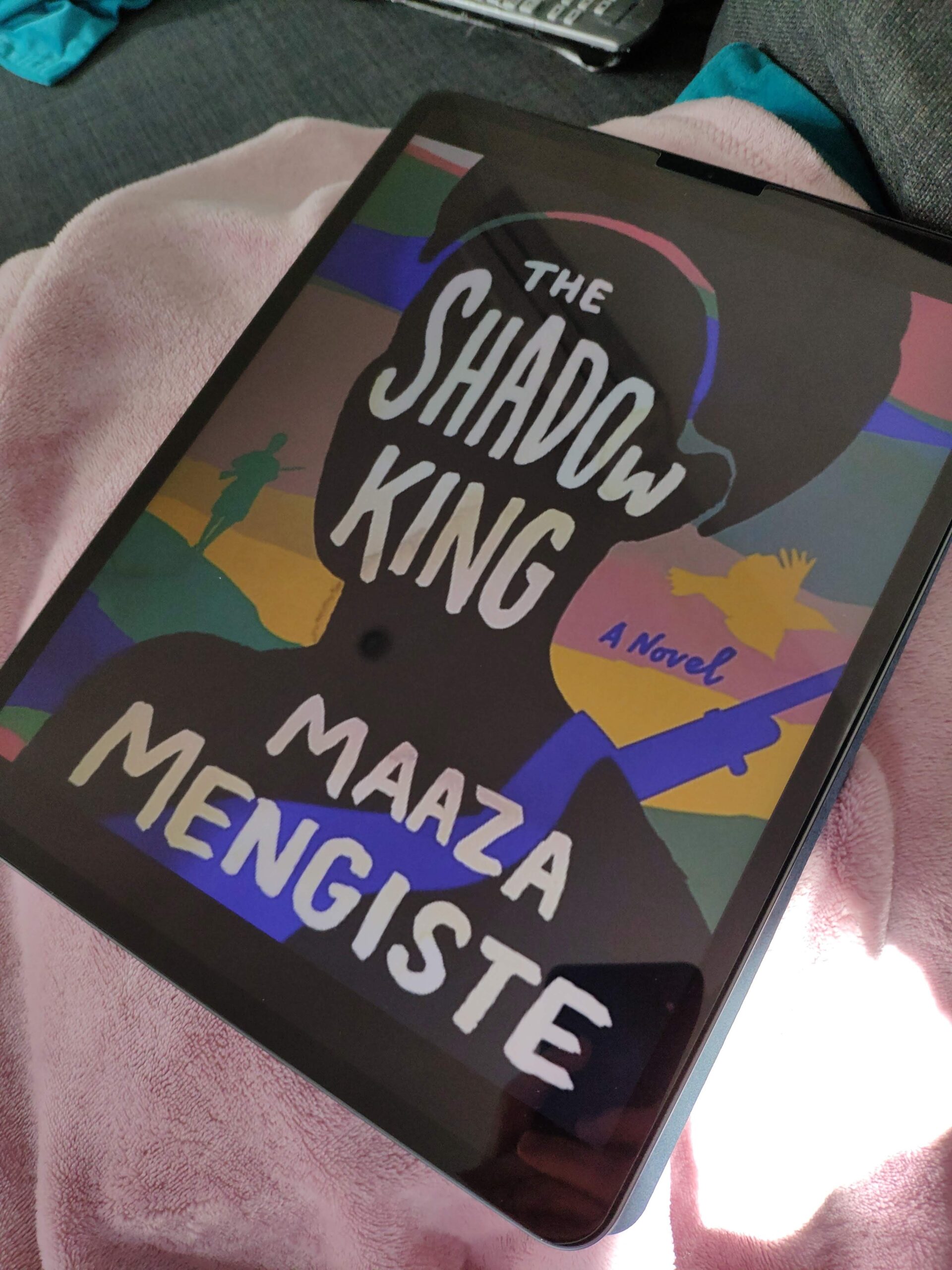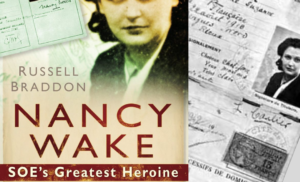
The Shadow King * Il re ombra
THE SHADOW KING by Maaza Mengiste is an historical novel set in Ethiopia during Italy's 1935 invasion, wanted by Mussolini. We get to know Hirut and Aster, two Ethiopian women, from opposite classes of society, who will end up fighting the war to save their country.
During the author's research for the book, she found out that many Ethiopian women actually fought in the war and her grandmother was one of them, and despite there is some documentation about them they have been forgotten by history. As Mengiste said in a podcast, throughout history women have always been both "contested territory and thropies" in war, and this is shown in the book since the beginning, when Kidane, Aster's husband, develops an unhealthy affection for Hirut (a young orphan), which will eventually escalate in sexual assault.
The structure of the novel is quite interesting, as there is a third person narrator but things are told by the point of view of each character. So we have Hirut's point of view about her life with Aster and Kidane first; the Ethiopian emperor's perspective; that of Ettore, a Jewish Italian soldier who's commissione to take photos of the prisoners; and finally we ourselves have the chance to form our own opinion by reading the description of Ettore's photographs, as if we were watching them with our own eyes.
It's an interesting book looking into one of worst "Italian chapters" in history, but what matters more than war here is bringing back to life those brave women who did all they could trying to save their country.
THE SHADOW KING di Maaza Mengiste (in pubblicazione da EINAUDI) è un romanzo storico ambientato in Etiopia durante l'invasione italiana del 1935, voluta da Mussolini. Veniamo a conoscere Hirut e Aster, due donne etiopi provenienti da classi sociali diverse, ma che finiranno col combattere insieme per salvare il loro Paese.
Durante le ricerche per il libro, l'autrice ha scoperto che molte donne etiopi combatterono nella guerra e che tra queste vi era anche sua nonna. Nonostante esista della documentazione a riguardo, queste donne sono però state dimenticate dalla storia. Come ha detto la Mengiste in un podcast, in tutte le guerre della storia le donne sono sempre state "sia territorio conteso sia trofei" e questo ci viene mostrato sin dall'inizio, quando il marito di Aster, Kidane, sviluppa un affetto malsano per Hirut (una giovane orfana) che in seguito degenererà in stupro.
La struttura del romanzo è interessante poiché, pur essendoci un narratore in terza persona, gli eventi sono raccontati dal punto di vista di ciascun personaggio. Quindi per primo abbiamo quello di Hirut nei confronti della sua vita a casa di Aster e Kidane; la prospettiva dell'imperatore etiope; quella di Ettore, un soldato ebreo italiano che ha il compito di fare foto ai prigionieri e infine noi stessi possiamo farci la nostra opinione leggendo le descrizioni delle foto di Ettore, come se le guardassimo coi nostri occhi.
Il romanzo è un'interessante sguardo in uno dei peggiori capitoli della storia italiana, ma ciò che conta più della guerra qui è riportare in vita quelle donne coraggiose che fecero tutto quanto era in loro potere per salvare la loro patria.




